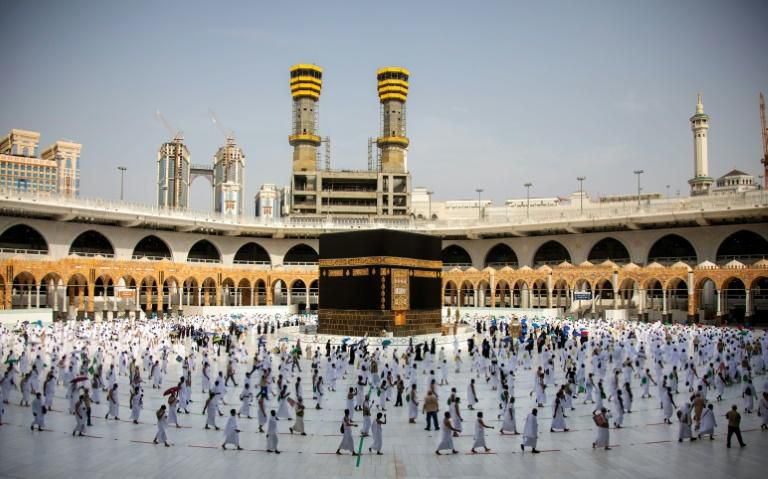Why performing Umrah was Munyakho’s first act of freedom in Saudi Arabia
)
On Tuesday, July 22, 2025 Kenyans woke up to the uplifting news that Steve Abdukareem Munyakho, a Kenyan national who had been on death row in Saudi Arabia, had finally been released.
According to a statement shared by Foreign Affairs Principal Secretary Korir Sing’oei, Munyakho’s release came pursuant to the full satisfaction of judicial decree.
This development has raised not just feelings of relief, but also curiosity.
Why did Munyakho go straight to perform Umrah? What is the spiritual and cultural significance of this ritual, especially for someone who was on death row?
What is Umrah?
Umrah is a pilgrimage to the holy city of Makkah (Mecca), performed by Muslims at any time of the year, unlike the Hajj which takes place during specific dates in the Islamic calendar.
Though not obligatory like Hajj, Umrah is considered a highly recommended act of worship and devotion.
)
The pilgrimage involves a set of rituals:
Ihram – Entering a sacred state, marked by wearing specific white garments and refraining from certain actions.
Tawaf – Circling the Kaaba seven times, symbolising the unity of believers in the worship of one God.
Sa’i – Walking between the hills of Safa and Marwah, commemorating Hagar’s search for water for her son Ishmael.
Halq or Taqsir – Shaving the head or trimming the hair, representing humility and spiritual rebirth.
These rituals are designed to purify the soul, renew faith, and draw closer to Allah (God).
Why Muslims choose Umrah after major life events
1. As a gesture of gratitude
Surviving a life-threatening event or overcoming a major struggle often pushes believers to express deep gratitude to Allah.
)
Performing Umrah becomes a way to thank Allah for giving them a second chance and to begin anew with a clean slate.
For instance, in a recent high-profile case, a Kenyan man freed from death row in Saudi Arabia performed Umrah shortly after his release. The act symbolised not only his freedom but also spiritual rebirth.
2. Seeking forgiveness and closure
After emotionally intense moments such as the loss of a loved one, people often feel the need to reconnect with their faith.
Umrah provides a structured spiritual environment to reflect, ask for forgiveness, and seek peace.
3. Starting a new chapter
For Muslims, major transitions such as marriage, retirement, or even recovery from addiction are often marked by Umrah.

It symbolises the intention to start afresh, guided by Islamic values. The simplicity and focus of Umrah help clear distractions and allow the pilgrim to reaffirm their purpose.
)
)
)
)
)
)
)
)
)
)
)
)
)
)
)
)
)